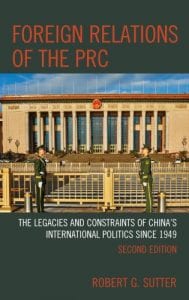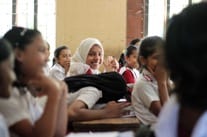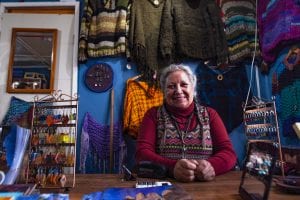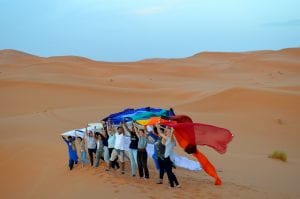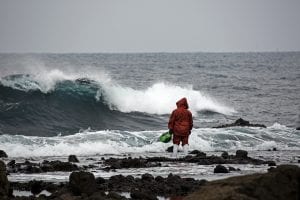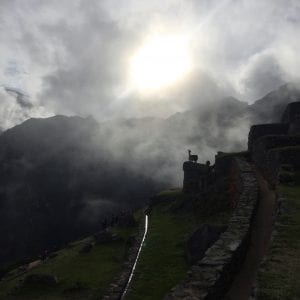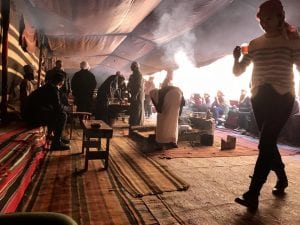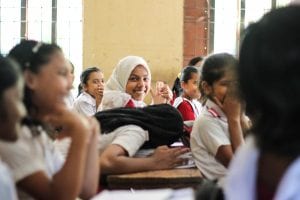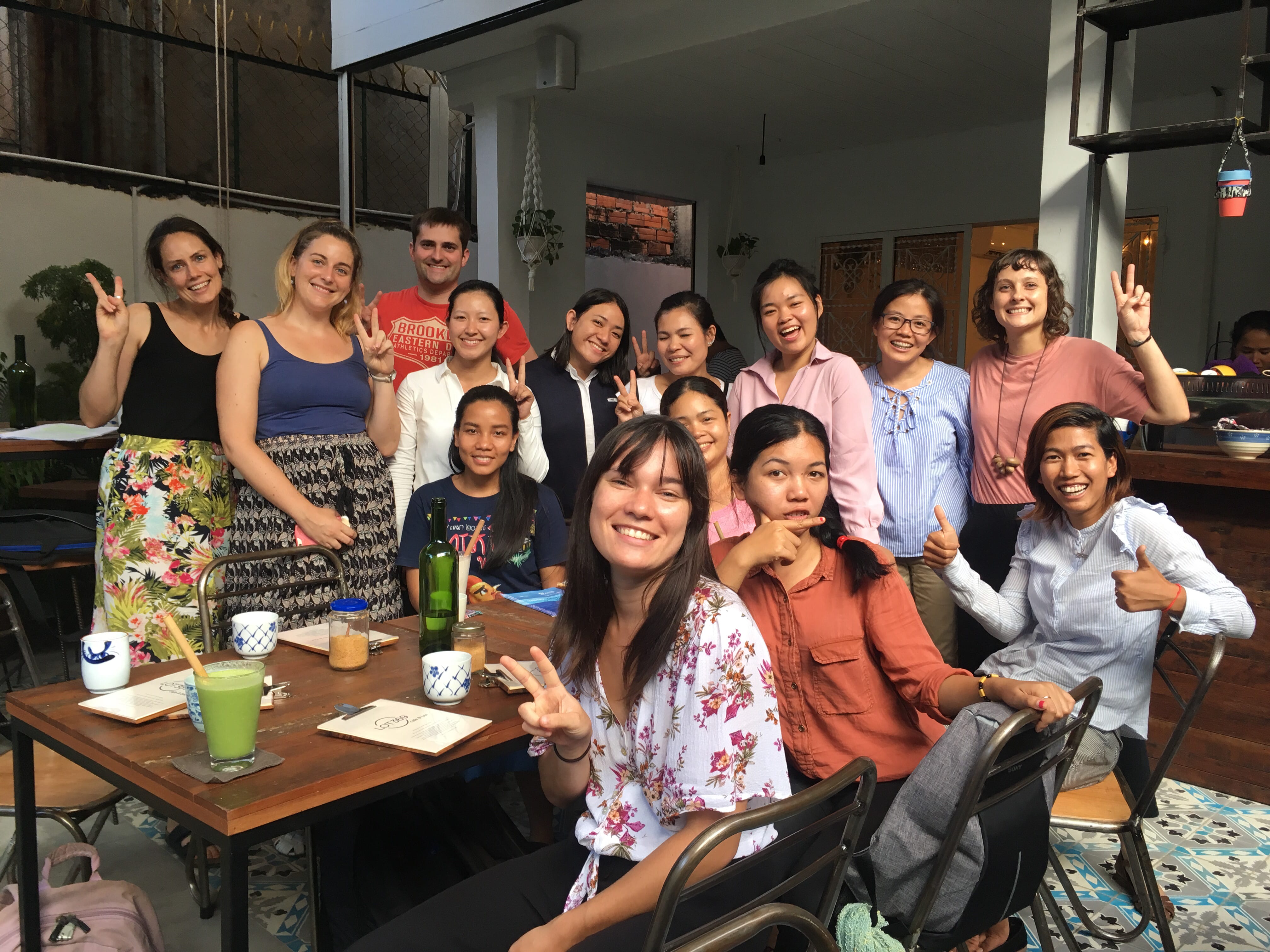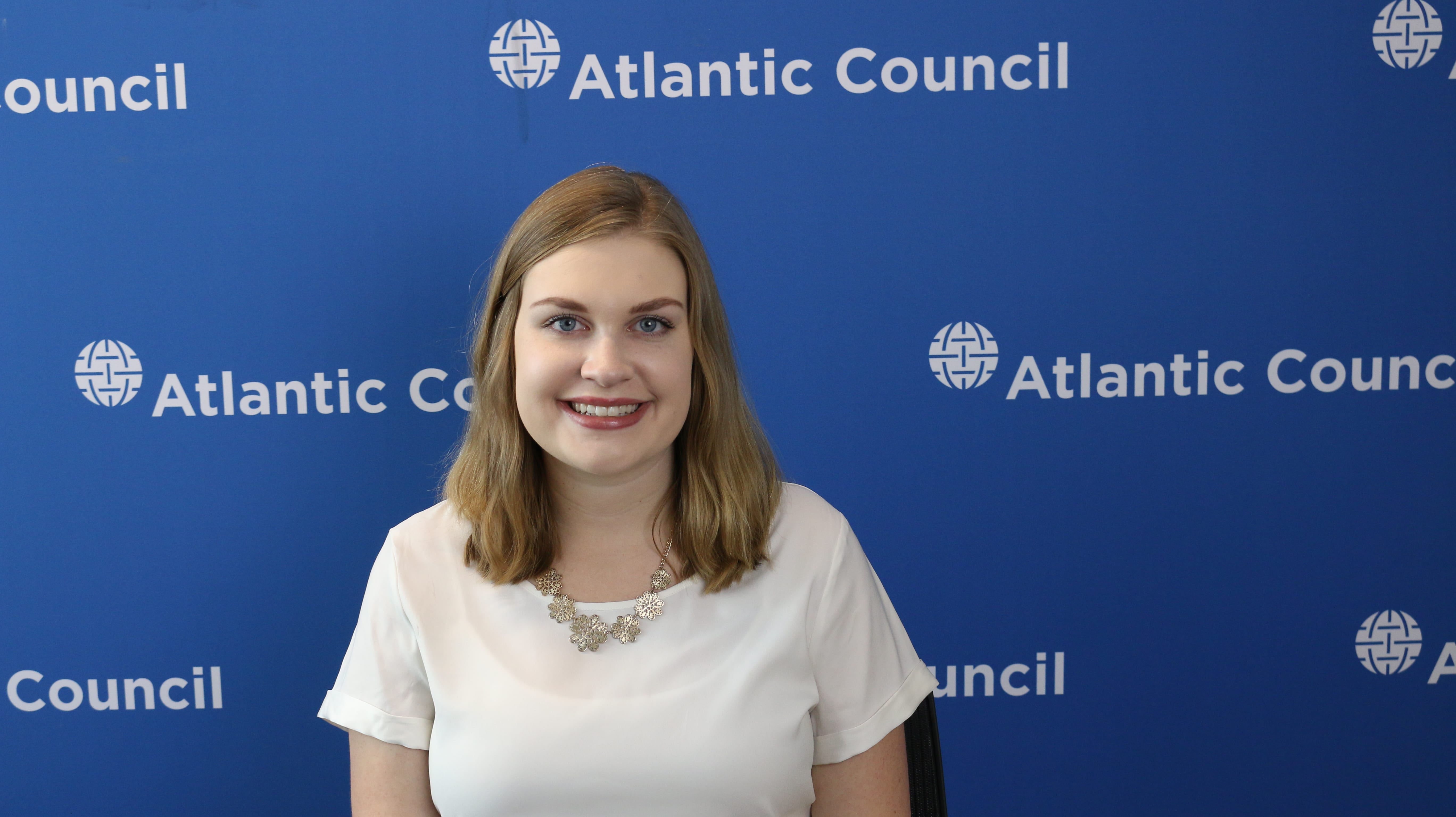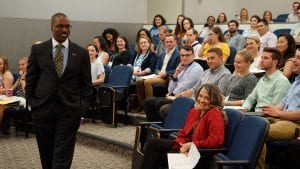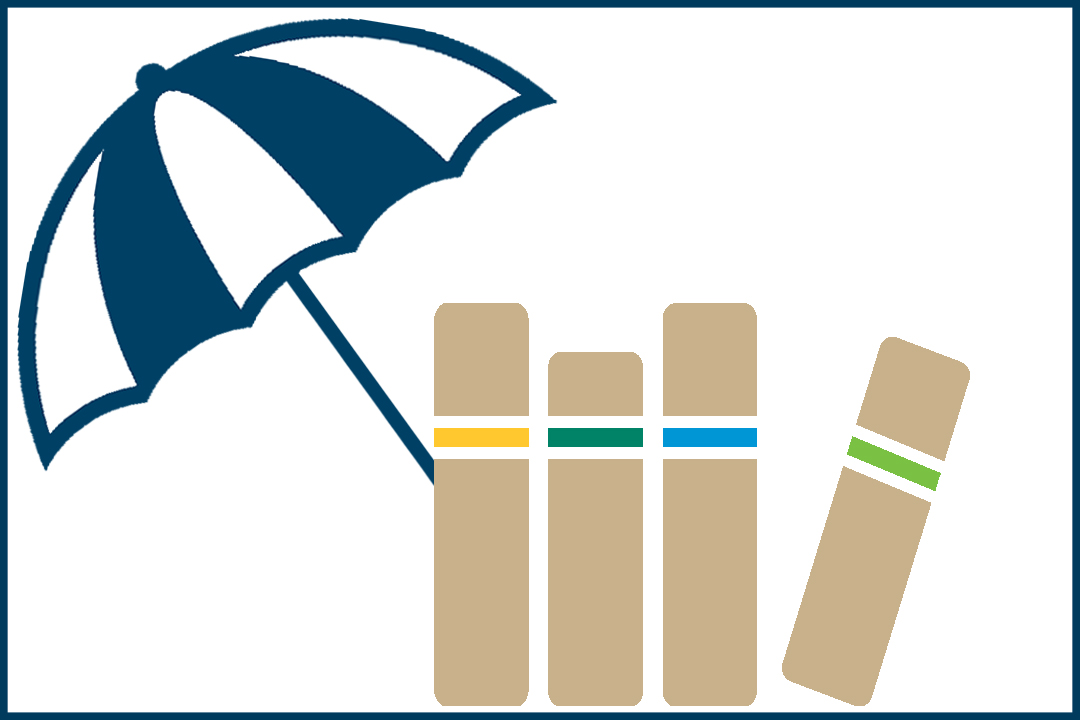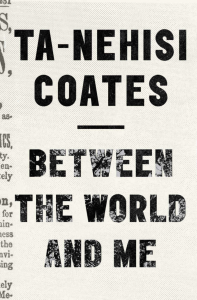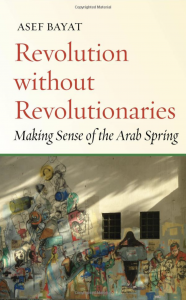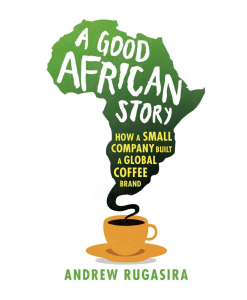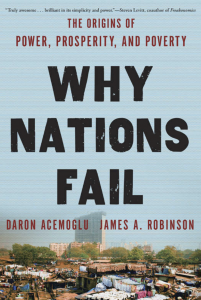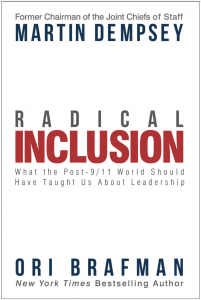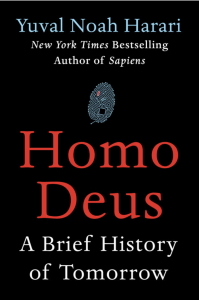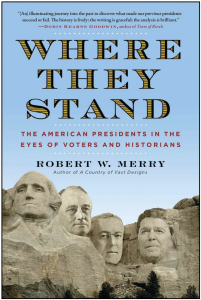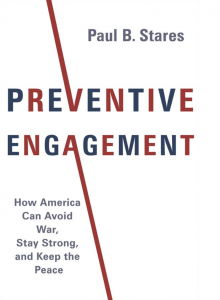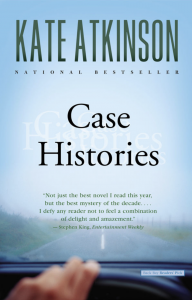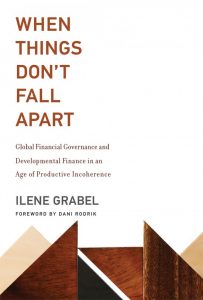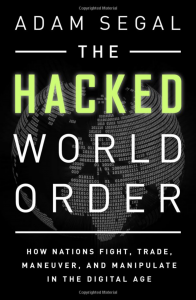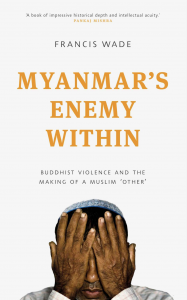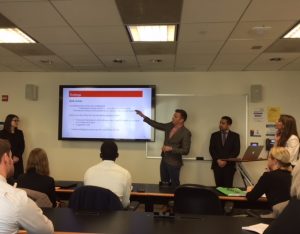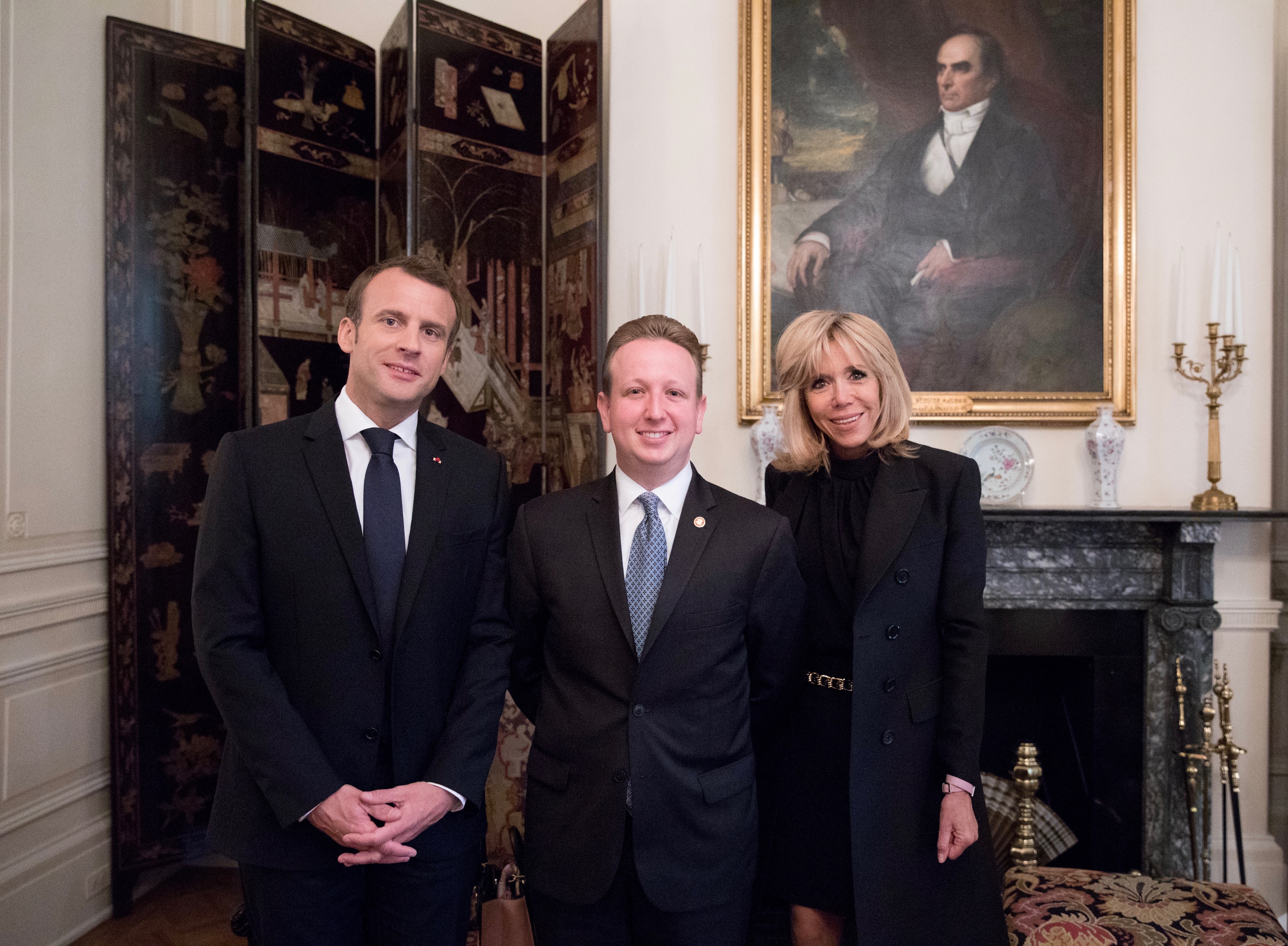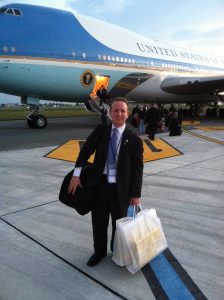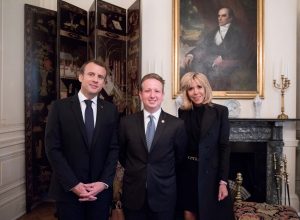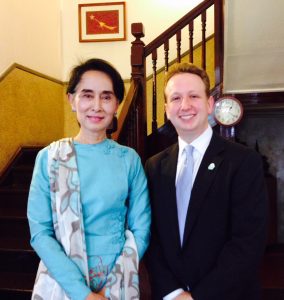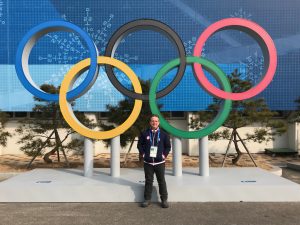 Oct. 11, 2018, marked the sixth annual International Day of the Girl. The UN-sponsored event highlights and addresses the needs and challenges girls face, while promoting their empowerment and human rights. This year’s theme was With Her: A Skilled GirlForce.
Oct. 11, 2018, marked the sixth annual International Day of the Girl. The UN-sponsored event highlights and addresses the needs and challenges girls face, while promoting their empowerment and human rights. This year’s theme was With Her: A Skilled GirlForce.
Pratyusha Sibal, a graduate student in the Elliott School’s International Development studies program, is an intern with The Asia Foundation’s Women’s Empowerment Program team in Washington, D.C. She recently had an opportunity to write a blog post for the foundation about the importance of developing skills among a new generation of girls preparing to enter the global workforce.
According to the UN, of the 1 billion young people – including 600 million adolescent girls – who will enter the workforce in the next decade, more than 90 percent of those living in developing countries will work in informal sectors, where low pay, abuse, and exploitation are common.
Sibal says her interest in gender and development comes from her upbringing and experience. “I was born and raised in India, and my passion for gender issues stems from myriad of personal experiences, as well as work and study in Beijing, Bangkok, and Paris. Having witnessed gender discrimination firsthand, I wrote this article from personal observations over the years, along with extensive research.“
Sibal landed the internship with help from advisers in Elliott’s Office of Graduate Student Services. The internship is growing her skillset as a gender professional, she says. “Being able to contribute feedback on proposals and publications regarding women’s political participation, economic empowerment and their rights and security, in addition to assisting with logistics and events, is strengthening my understanding of what a career as a gender adviser entails.”
Looking forward, March 8, 2019, is International Women’s Day. At the Elliott School, students and faculty will honor the day with a public event and photo exhibition, #PressforProgress, Celebrating Women in Politics. At The Asia Foundation, there will be a range of events and activities.To learn more, visit the foundation’s website.






